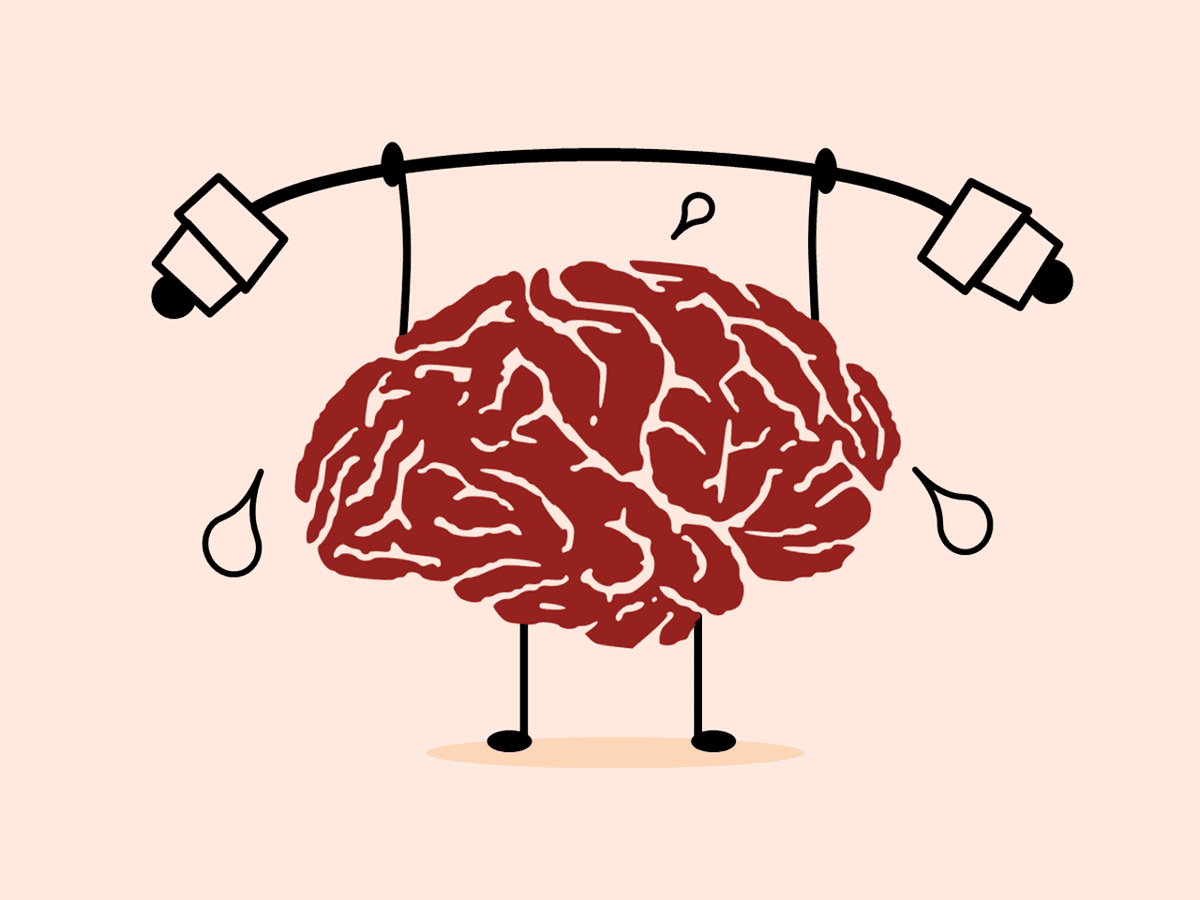Comprehensive Inpatient Mental Health And Wellness Solutions for Effective Therapy
Inpatient psychological health and wellness services stand for a vital component of the healthcare system, giving a organized and intensive atmosphere for individuals experiencing extreme mental distress. Exploring the nuances of this continuum reveals substantial ramifications for both individual recuperation and wider mental wellness outcomes.
Recognizing Inpatient Mental Health Providers
Inpatient psychological health solutions provide critical support for people experiencing serious psychological distress that can not be taken care of successfully in an outpatient setting. These solutions are designed to supply an intensive degree of care in a structured setting, usually within a healthcare facility or specialized facility. People admitted to inpatient programs typically show intense signs, such as self-destructive ideation, severe clinical depression, or psychosis, necessitating day-and-night surveillance and intervention.
The admission procedure usually includes a thorough assessment by mental wellness professionals, that review the individual's frame of mind, background, and prompt needs. When confessed, individuals engage in a selection of restorative techniques customized to their specific requirements, including medicine monitoring, individual treatment, and team sessions. This alternative method intends to stabilize the individual's problem, advertise safety, and foster coping skills.
Inpatient psychological wellness solutions not just address prompt health issues but likewise function as a bridge to recurring treatment. By giving a regulated setting, these solutions facilitate the development of treatment plans that can be continued in outpatient settings, thus guaranteeing a continuum of care and improving long-term outcomes for individuals with complex psychological health needs.
Key Components of Effective Therapy
Reliable therapy in inpatient psychological health and wellness services comprises several key parts that cultivate recuperation and stabilization. Firstly, an extensive assessment is necessary to identify the person's specific needs and obstacles. This analysis notifies the development of a customized therapy plan, which acts as a roadmap for intervention.
Another essential element is the multidisciplinary team strategy. Cooperation among psychoanalysts, psychologists, nurses, and social employees guarantees that numerous point of views add to the individual's care, boosting the efficiency of therapy. Evidence-based restorative modalities, such as cognitive-behavioral treatment (CBT) and dialectical behavior modification (DBT), are also important, providing structured techniques that address maladaptive idea patterns and behavior problems.

Lastly, a concentrate on aftercare planning is crucial to make sure a seamless change to outpatient services, lessening the risk of regression and promoting long-lasting health. These collective parts produce a reliable treatment structure within inpatient psychological health and wellness solutions.
Benefits of Comprehensive Care

Extensive care in inpatient psychological health services offers various benefits that substantially improve patient outcomes. One of the primary advantages is the alternative strategy to therapy, addressing not only the psychological symptoms but also the physical, social, and emotional needs of patients. This comprehensive evaluation enables tailored interventions that promote overall well-being.
Another advantage is the assimilation of multidisciplinary groups, which promotes partnership among medical care professionals. This collaborative setting makes certain that people obtain collaborated care, reducing the risk of fragmented therapy and improving interaction amongst caregivers. Detailed care facilitates connection of services, allowing for smooth transitions from inpatient to outpatient setups, which is vital for long-lasting recovery.

Lastly, Inpatient Mental Health Program the organized atmosphere of extensive inpatient care provides a secure area for clients to participate in healing activities, helping them create coping strategies and strength. Jointly, these benefits add to a lot more effective therapy and enhanced lifestyle for people experiencing mental wellness dilemmas.
Evidence-Based Therapeutic Methods
In the realm of psychological health therapy, evidence-based therapeutic strategies play a vital role in making certain that clients obtain efficient and scientifically supported interventions. These methods incorporate the finest readily available research study with professional know-how and client worths, fostering a tailored therapy experience that deals with specific needs.
Cognitive Behavior Modification (CBT) is among one of the most extensively recognized evidence-based methods, focusing on determining and transforming adverse idea patterns and behaviors. This structured method has demonstrated effectiveness in dealing with problems such as stress and anxiety, ptsd, and anxiety. Dialectical Habits Therapy (DBT) is particularly reliable for people with borderline individuality condition, highlighting the development of psychological law and social effectiveness abilities.
Furthermore, drug management is frequently an essential component of evidence-based therapy, as psychotropic medicines can reduce symptoms and boost general functioning. Joint treatment versions, which include multidisciplinary teams, better improve the efficacy of inpatient solutions by making sure extensive evaluations and constant monitoring.
Inevitably, the combination of evidence-based therapeutic techniques not only advertises positive clinical end results yet also encourages clients, cultivating a sense of firm and durability in their psychological health and wellness trips.
Transitioning to Outpatient Support
The change from inpatient mental health and wellness services to outpatient assistance marks an essential phase in a person's recovery trip. This duration needs mindful planning and sychronisation to make certain continuity of treatment and to reduce the threats of relapse or crisis. Efficient discharge preparation ought to begin early in the inpatient keep, involving a multidisciplinary group that consists of psychiatrists, psychologists, registered nurses, and social employees.
Crucial element of an effective transition include the advancement of a thorough aftercare plan tailored to the individual's certain demands. This plan ought to detail follow-up consultations, medication management, and restorative treatments, as well as determine neighborhood sources and assistance teams that can facilitate ongoing recovery.
Additionally, individual and family members education and learning is vital during this phase. Understanding the signs of potential obstacles and the value of sticking to therapy can equip individuals and their assistance systems.
Normal follow-up and review of the outpatient strategy are important to resolve advancing obstacles. By cultivating a joint connection in between inpatient and outpatient suppliers, the probability of continual healing boosts, ultimately enhancing the patient's lifestyle and lowering the threat of readmission.

Conclusion
In recap, detailed inpatient psychological health and wellness services offer an essential structure for resolving extreme mental distress through a multidisciplinary approach. Inevitably, such thorough treatment is important for long-term psychological wellness and wellness.
The admission process generally entails a detailed assessment by psychological health and wellness experts, that examine the individual's psychological state, background, and immediate demands.Efficient treatment in inpatient mental wellness services comprises numerous essential parts that promote recovery and stablizing.Extensive treatment in inpatient mental wellness services offers many benefits that dramatically improve person results.The change from inpatient mental wellness services to outpatient support notes an important phase in an individual's recovery trip.In recap, extensive inpatient psychological health solutions offer a necessary framework for dealing with extreme psychological distress with a multidisciplinary approach.